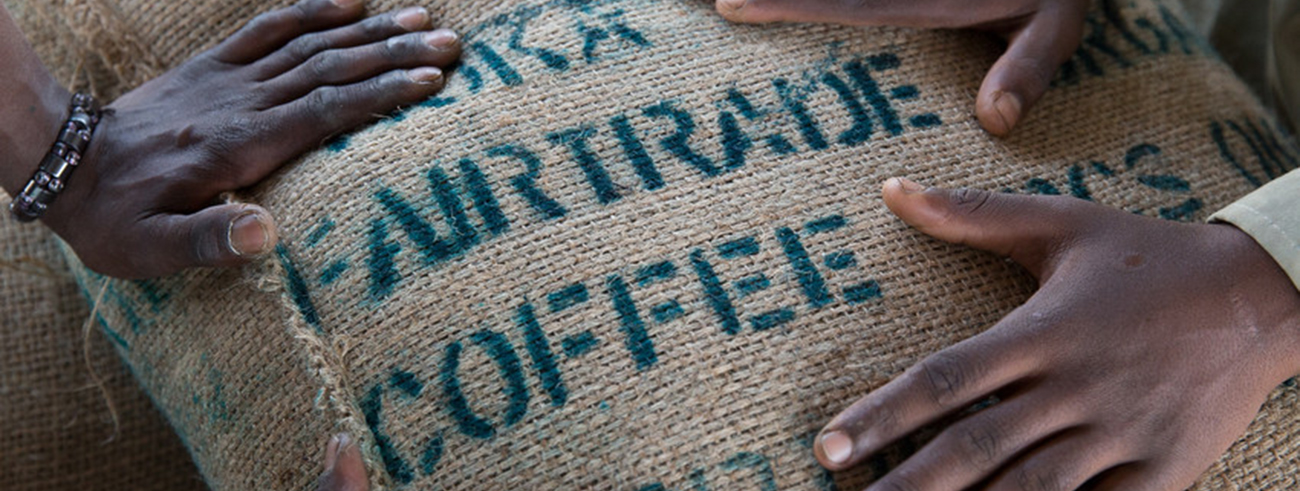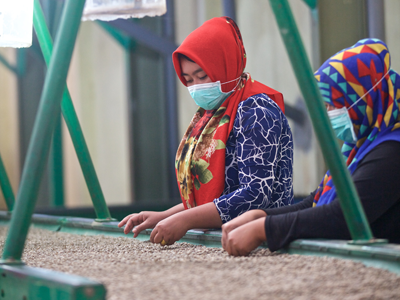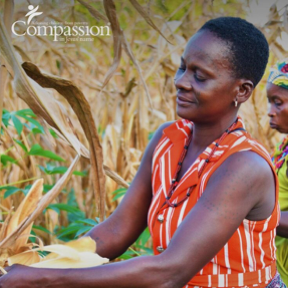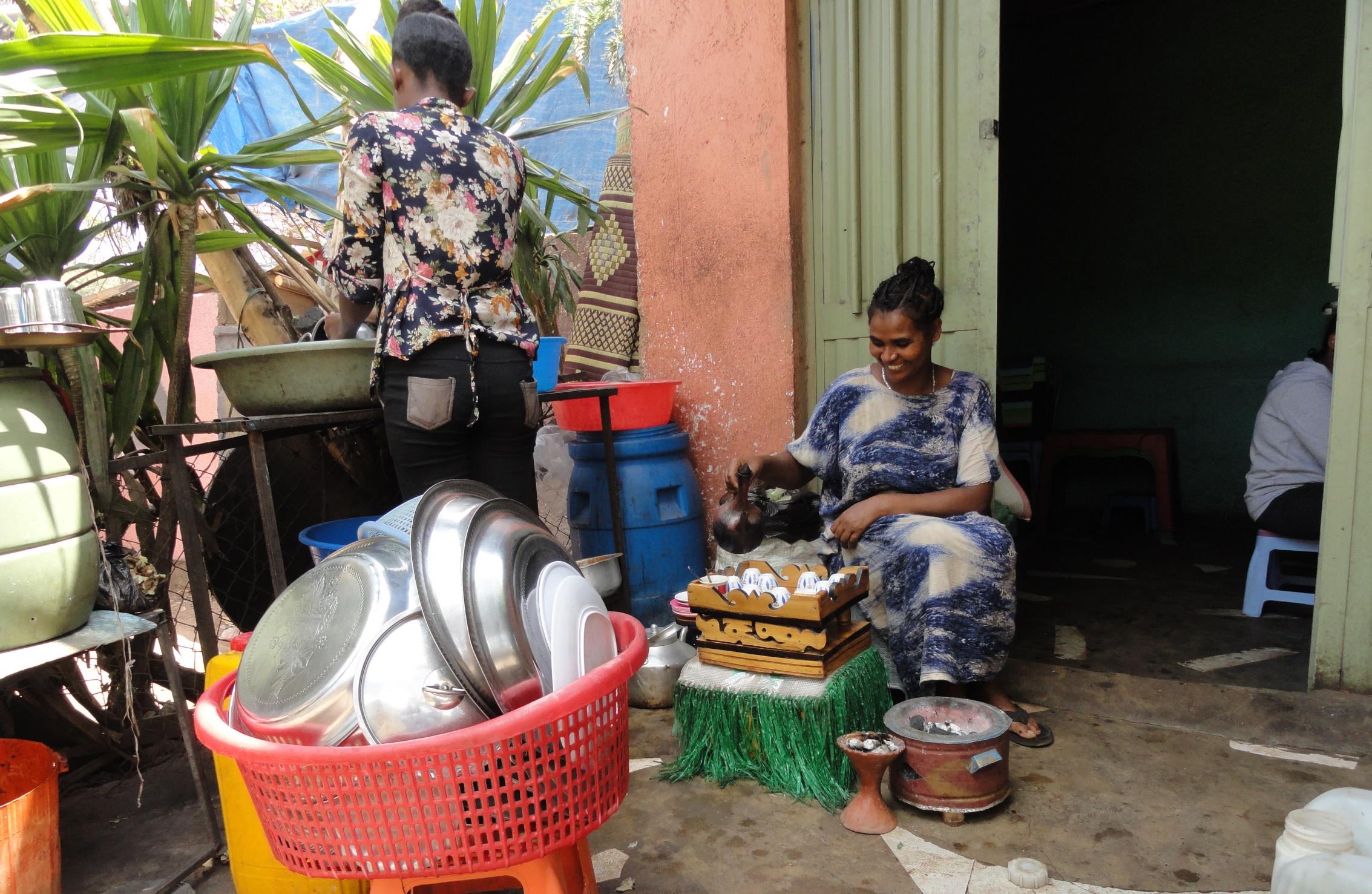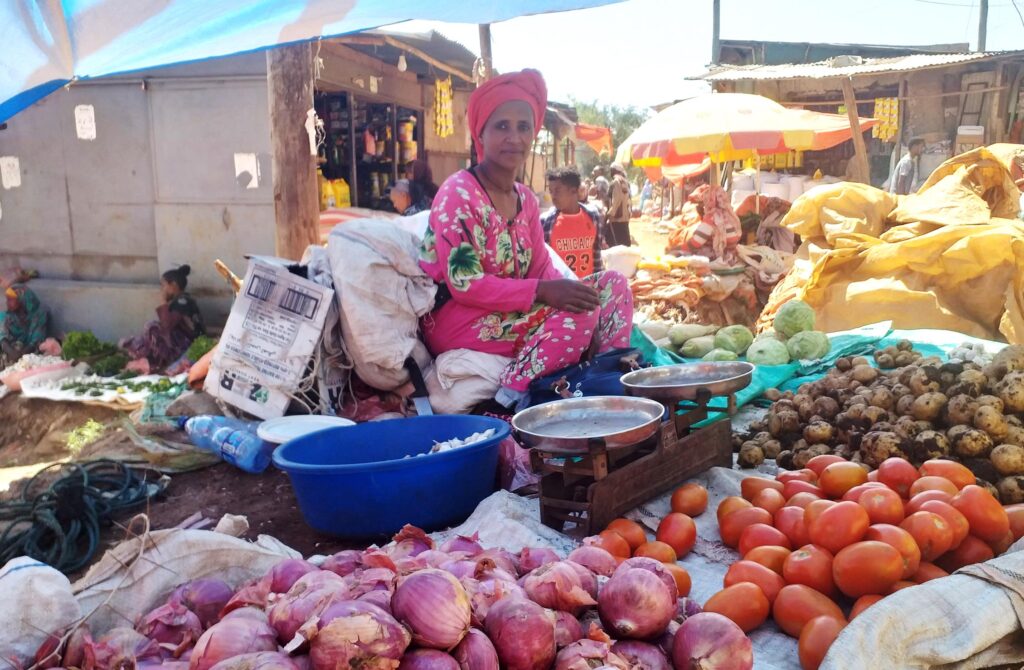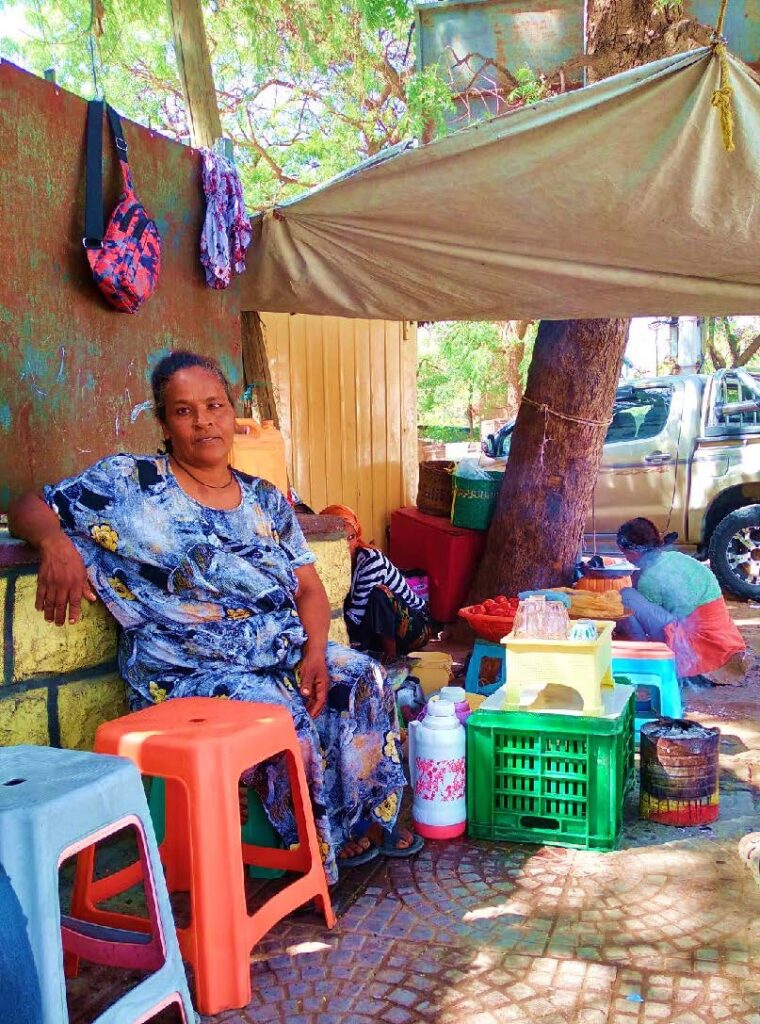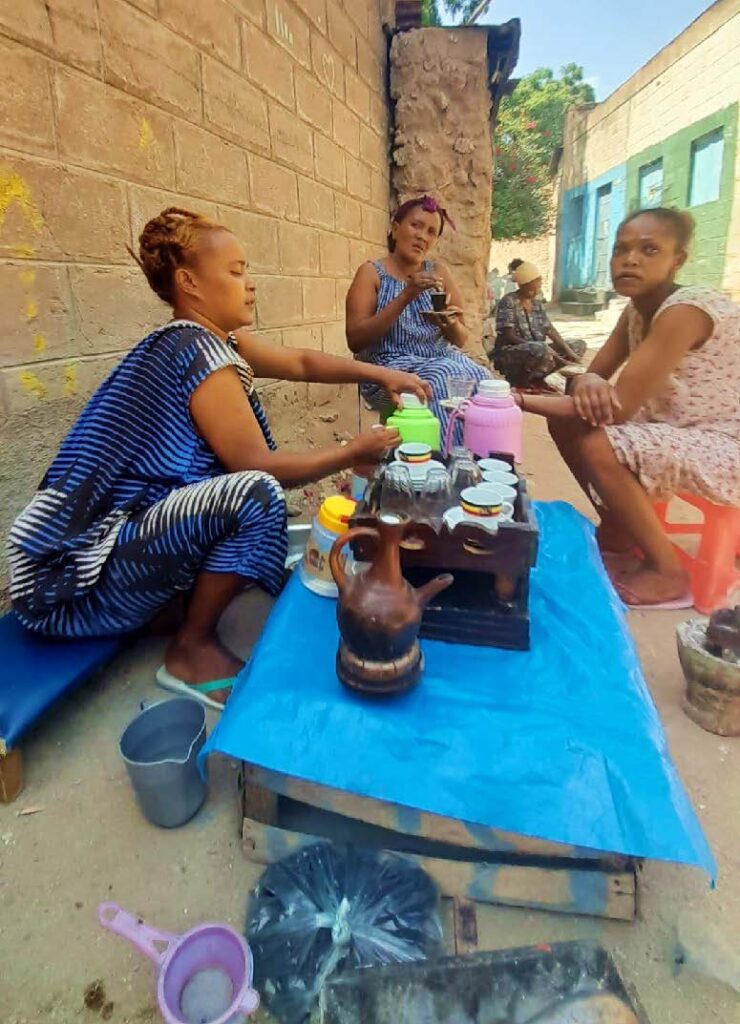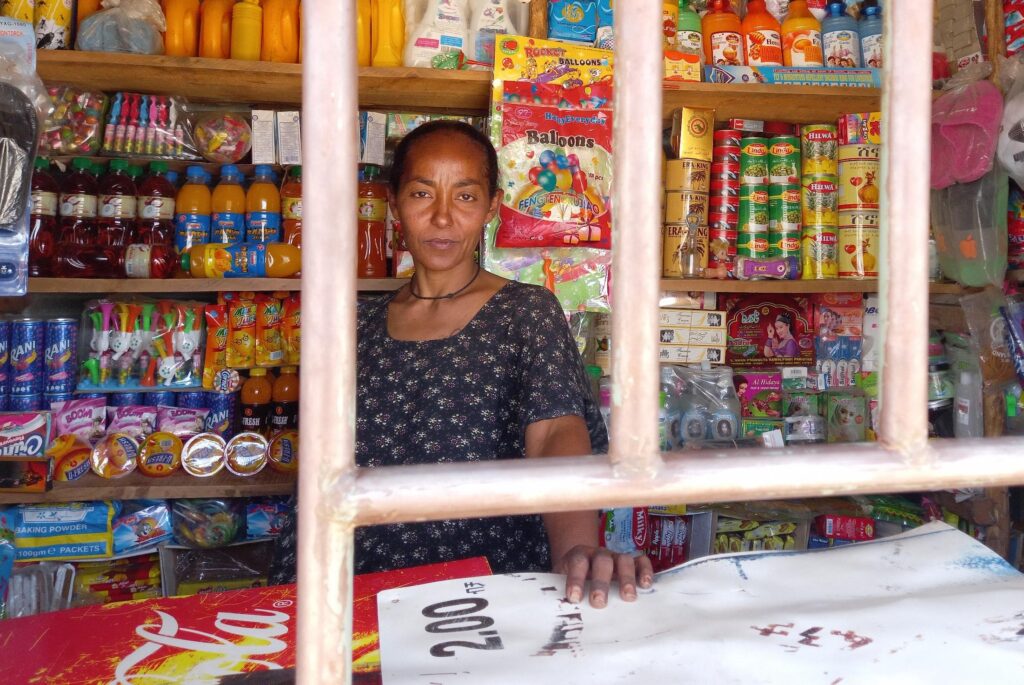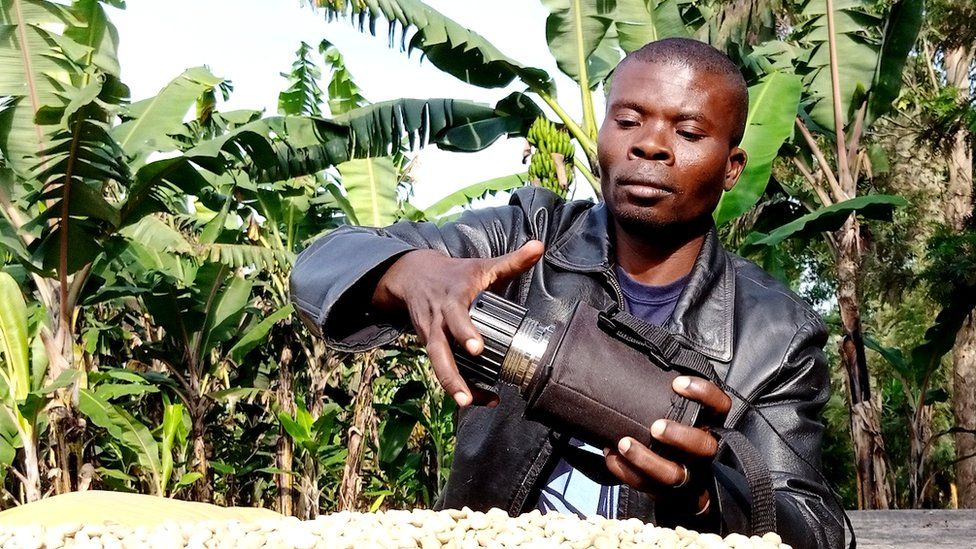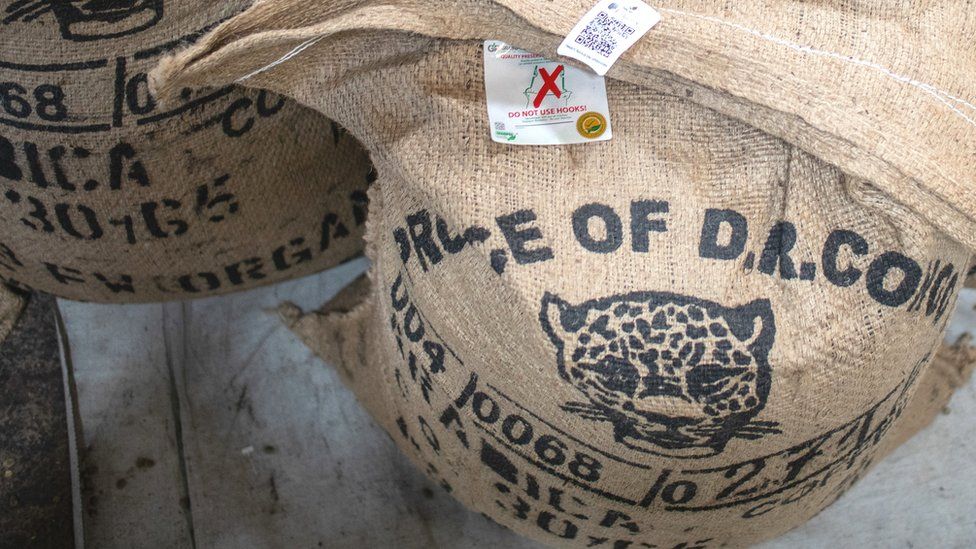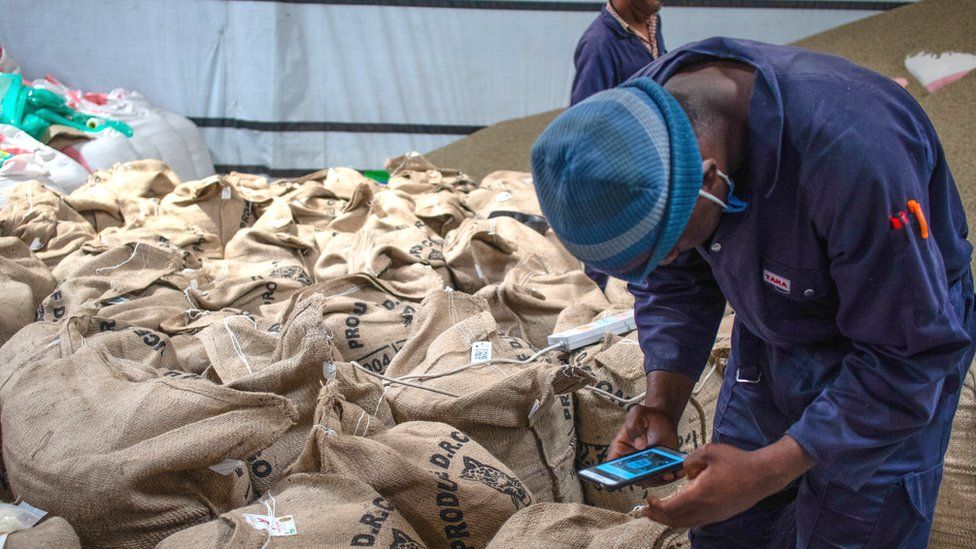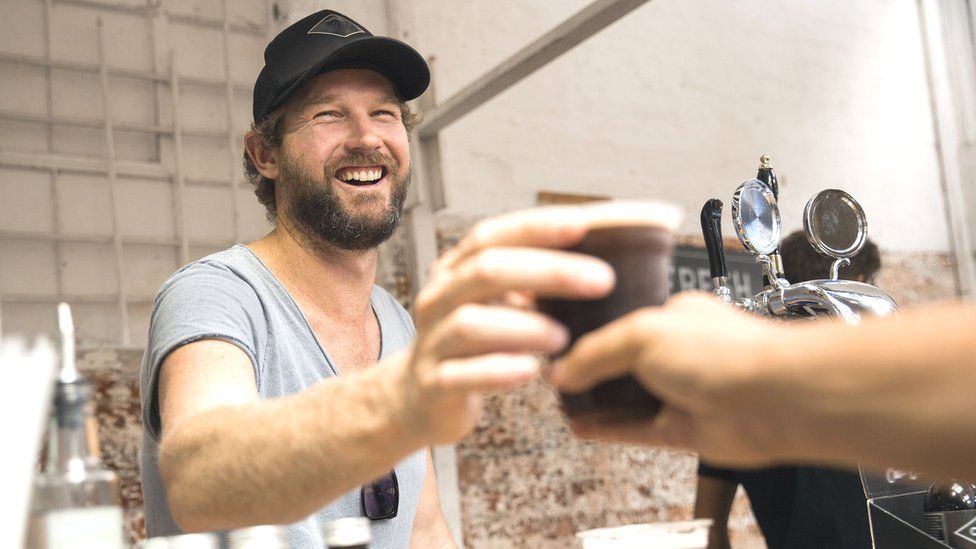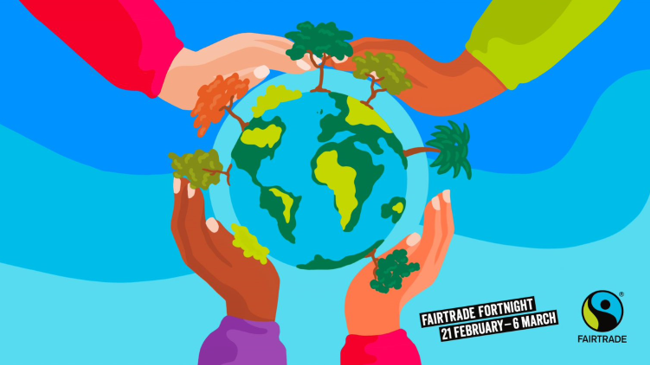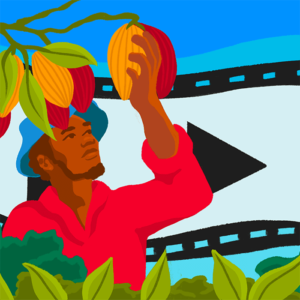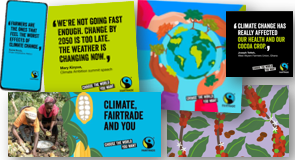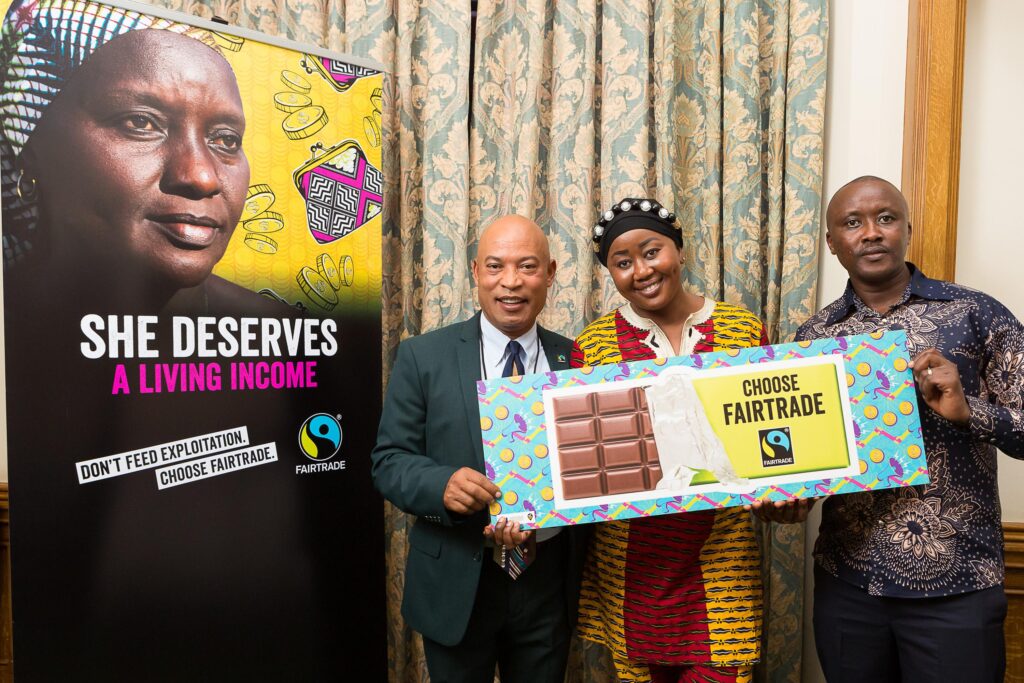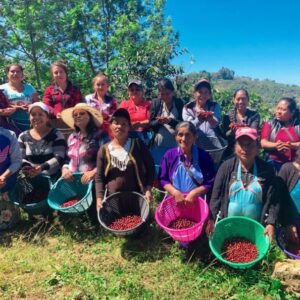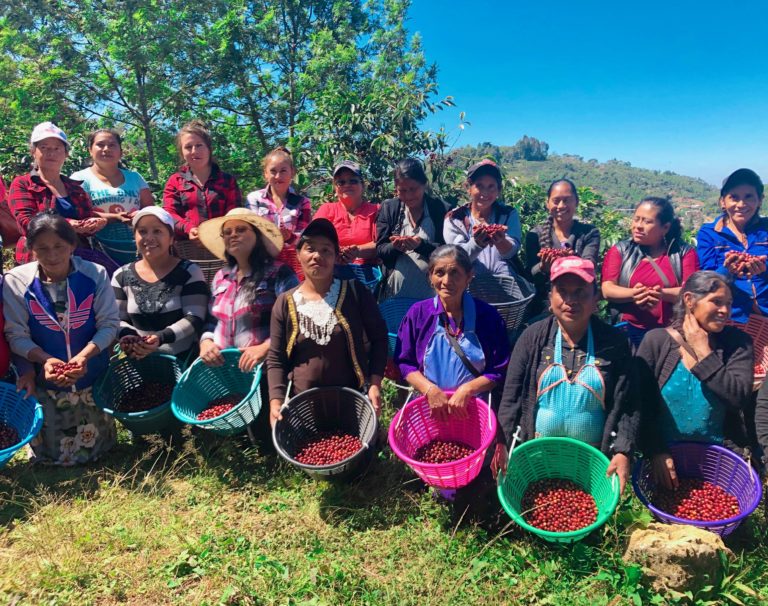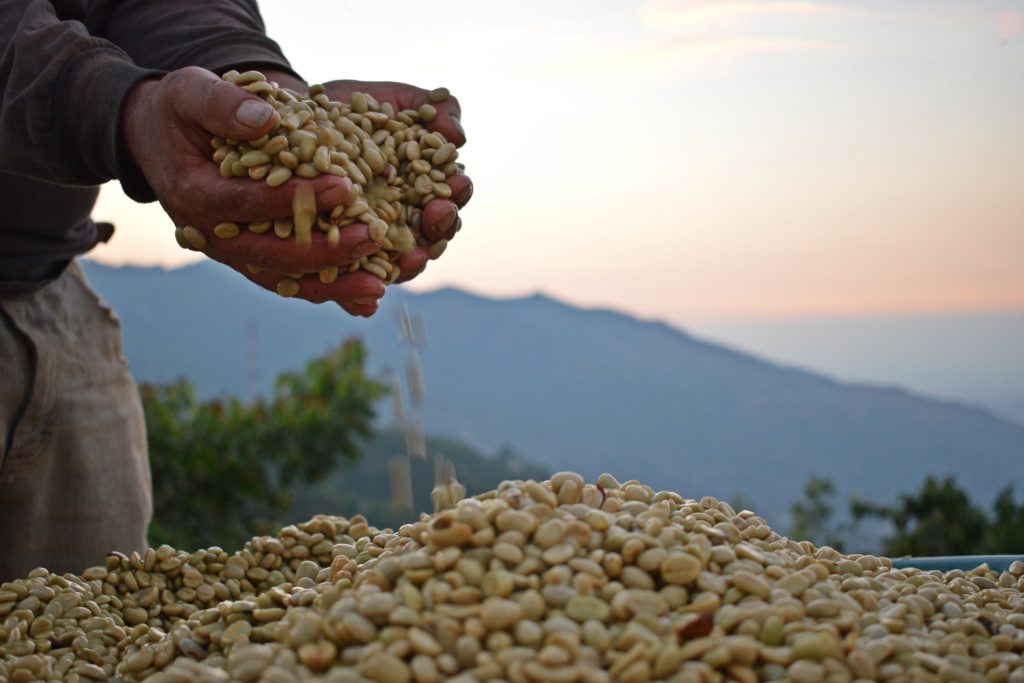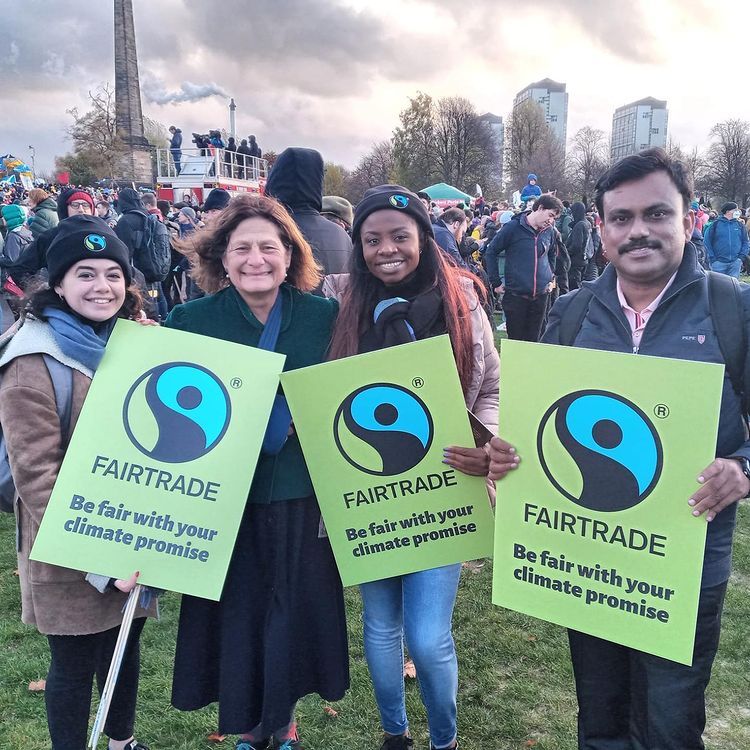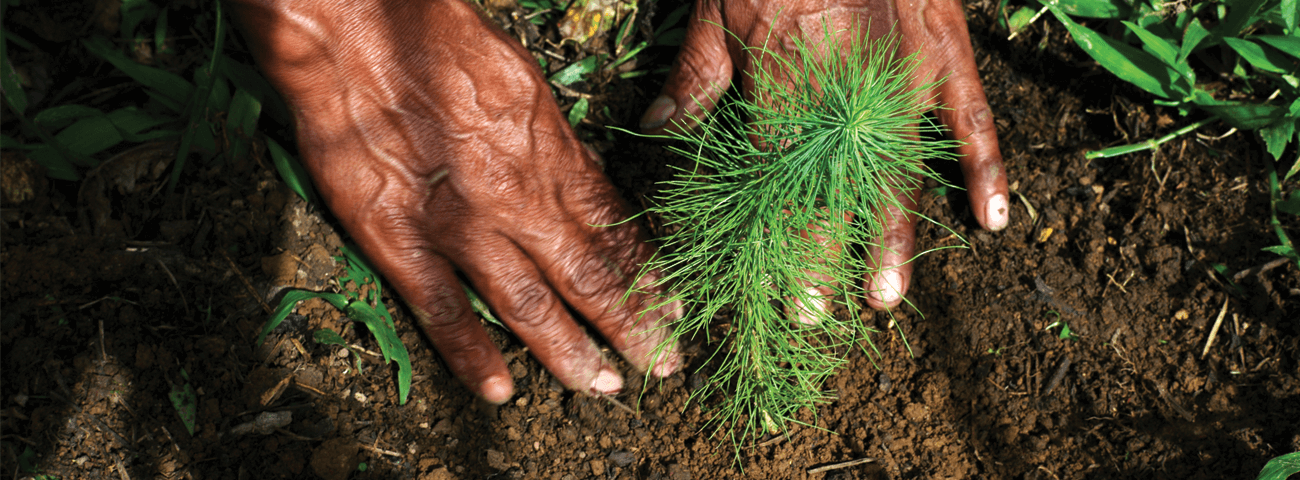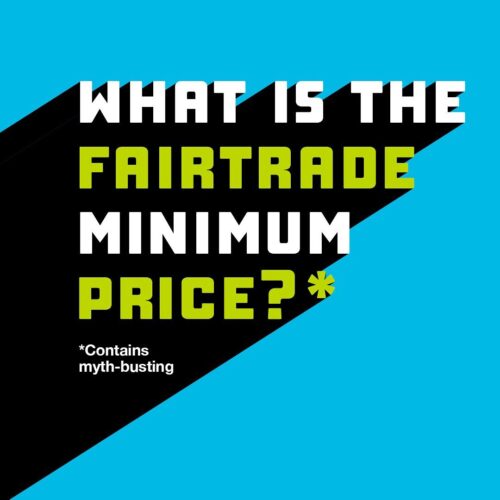
FAIRTRADE LAUNCHES ITS FIRST LIVING INCOME REFERENCE PRICES FOR COLOMBIAN COFFEE
As part of its ongoing effort to achieve sustainable farmer livelihoods, Fairtrade has released its first Living Income Reference Prices for Colombian coffee, recognising the importance of sustainable and stable prices as one of the key factors in making living incomes in Colombia a reality, the international organisation has announced.
The new voluntary prices are based on Fairtrade’s holistic price model that calculates what Colombian coffee farmers need to get paid so they can invest in their farms and afford a decent standard of living, when other key parameters including viable farm size and sustainable yields are met. A living income allows a farming household to afford decent housing, nutritious food, education, health care and other essentials.
Although coffee is a more than $220 billion business worldwide, many coffee farmers still live in poverty. As a Specialty Coffee Association report documented last year, market volatility undermines farmers’ ability to weather hard times while low prices result in a downward spiral of falling farm productivity and incomes. The 12-year low prices of coffee in 2018-2019 have given way to near record highs in Colombia recently, driven by a national strike and related port blockages. According to Fairtrade’s analysis, the current market prices in Colombia exceed the new Living Income Reference Prices, but are not guaranteed to last, with farmers bearing the brunt of the uncertainty.
‘A living income is a human right – and it’s a precondition for achieving many of the Sustainable Development Goals (SDGs),’ said Carla Veldhuyzen van Zanten, Fairtrade International’s Senior Advisor for Sustainable Livelihoods. ‘If growing coffee doesn’t make business sense to farmers, the world will soon run out of coffee, as the younger generation is no longer interested in staying on the farm. A price that supports farmers’ prosperity and covers the costs of sustainable farming practices has to be part of the solution.’
The recommended Fairtrade Living Income Reference Price for conventional coffee is 9,900 Colombian pesos (equivalent of approximately US $2.75) per kilogram of dried parchment coffee, and 11,000 pesos (US $3.06) per kilogram for organic. These prices factor in the costs for farmers to implement the required agricultural practices in order to achieve sustainable yield levels, as well as pay a living wage to any workers they may hire.
Recognising the different living income benchmarks available for Colombia, Fairtrade has also defined a range of Living Income Reference Prices for Colombian coffee, with the lower end of this range set at 8,570 pesos per kg and 9,500 pesos per kg for conventional and organic coffee, respectively. Fairtrade will work with companies committed to moving forward on a living income pathway and their suppliers to determine the appropriate price level in accordance to their joint ambition.
Camilo Enciso, farmer and commercial manager of the coffee producer association ASOPEP in the state of Tolima, is happy about current market prices but foresees risk in the future when prices fall. ‘Today in Colombia the domestic price very good. It’s around double what we had two years ago. So my people are saying: how long are we going to be here?’ Enciso explained. ‘How can we secure this price into the future? If prices would really stay like this, we would make so much more progress. But working at a loss, without knowing at what price we’re going to sell is very complicated.’
Around 300 Colombian coffee farmers from nine Fairtrade certified producer organisations spent a year recording their farm expenses and revenues, using tools developed by Fairtrade and supported by its regional Producer Network, CLAC. From this, Fairtrade established an income baseline and analysed the gap to a living income. A multi-stakeholder roundtable including farmer representatives and experts from the Colombian coffee industry then discussed and agreed on the key variables of the sustainable price model, including viable farm size, sustainable yield and the associated cost of production. The six-month consultation process brought important viewpoints together so that the reference prices are realistic and acceptable to farmers.
‘The results [of the technical roundtable] are valuable for the coffee supply chain, independent of the exact values, because they manifest the need for a fair remuneration, so that farmers can have a decent living,’ said Mario Villamil, Economic Research Specialist at the Colombian National Coffee Federation, and roundtable participant. The federation has been defining and advocating for prices that support ‘prosperous incomes’ for farmers. ‘Although the outcome for standard coffee varies a little from our internal calculations, due to the slightly different assumptions that were made, this exercise is extremely important for us,’ continued Villamil.
Farmers also gained greater insights into their businesses through practical use of the farm record-keeping tool. Already some producer organisations have reported being able to negotiate higher prices in their contracts based on the information they can now share with their buyers.
The Fairtrade Minimum Price and Premium are still mandatory for all Fairtrade coffee sales, and provide a safety net that has helped many farmers stay afloat during recent coffee price crises. Fairtrade will be developing living income projects with coffee companies and producer organisations to progress on the various pathways to close the income gap, for instance by optimising yields or improving quality, as well as paying the Living Income Reference Price.
‘The coffee market is complex, and we certainly don’t have all the answers, but we are excited to have started discussions with brands who are willing to commit to moving forward with living income projects and prices, as well as tracking progress and sharing learnings,’ said Fairtrade’s Veldhuyzen van Zanten.
Camilo Enciso, in the meantime, looks forward to future Fairtrade partnerships as a way of securing coffee farmers’ way of life: ‘It would be great if the end consumer truly understands that this is what we require. We live in a country with many temptations, where people have other, perhaps easier, options to make a living. For example, illicit crops, coca and poppy seeds. Fortunately, there are currently no illicit crops in this territory in the south of Tolima. But we are fighting hard to ensure that coffee can sustain our families.’
Source: Fairtrade.net
Interested in more?
Looking for more articles about coffee and coffee equipment from Indigo Valley? Why not view our archive of posts and articles for everything you need to know about coffee.
